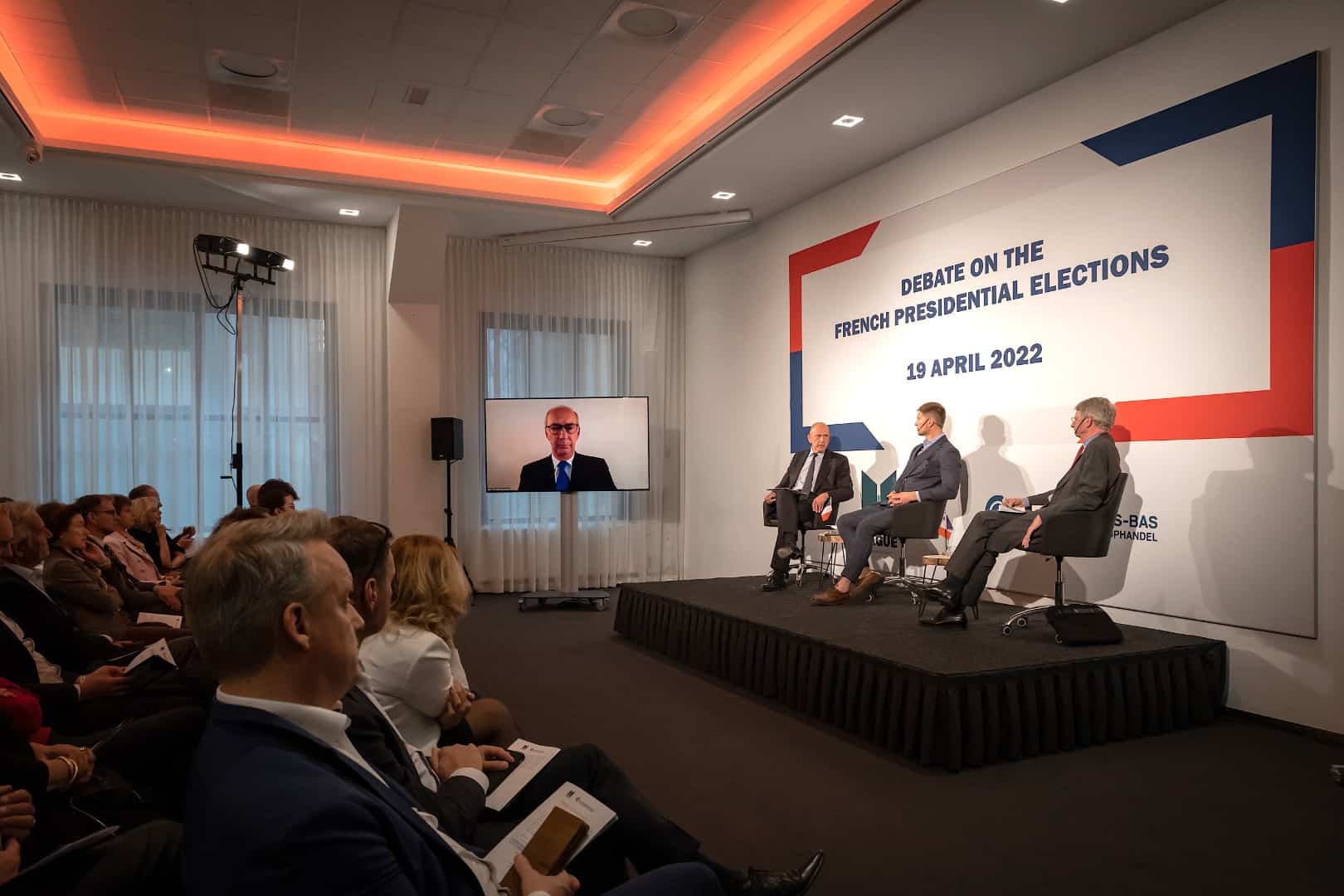
French Presidential Elections: One month on
French Presidential Elections: One month on A lot has happened in French

Five years ago, when Emmanuel Macron was elected for the first time as President of France, his political party, En Marche!, obtained a comfortable majority in the legislative elections thereafter. This situation is radically different this time around. His political party, renamed ‘Renaissance’ , is still the largest single party with 172 seats out of a total of 577, and the ‘presidential majority’ – coalition of Renaissance and two ally parties called Modem and Horizons – reaches a total of 248 seats. However, President Macron still falls short of 41 seats to obtain the majority of 289.
This implies that it will be very difficult for President Macron and his government to carry out their programme and the announced reforms. The task is not impossible but extremely complicated as former centre-right leader, Jean-François Copé remarked.
President Macron had a convincing victory over far-right candidate Marine Le Pen in the presidential elections, but undoubtably benefitted to some extent from the support of voters committed to preventing her winning at all cost. The legislative elections show the real composition of the political landscape with an unexpectedly high score for Marine Le Pen whose party, ‘Rassemblement National’, went from 8 to 89 seats.
President Macron’s ability to carry out his political programme and pass necessary legislation will depend on ad-hoc coalitions and support in the Assemblée. In France, the government can always invoke the so-called article 49.3 of the Constitution to pass legislation without a vote in parliament, at the risk nonetheless of loosing a vote of confidence thereafter.
The road ahead is for sure uncertain as none of the opposition parties and not even the centre-right party, Les Républicains, want to commit to any support in advance and will decide on a case-by-case basis. It is an unusual shift in France, moving from a solid presidential and government mandate to true political weight of the Assemblée based on compromise and coalitions. With a government that has no certainty whatsoever about its life expectancy.
This situation is not unheard of in France. In 1988 President Mitterand lost his majority in the Assemblée, be it by only 15 seats. His Prime Minister, Michel Rocard, still survived three years by relentlessly making political compromises and using all existing parliamentary procedures to secure majority votes on legislative proposals. Will such intricate political game be at play again? Time will tell.
The current government will submit its programme to the parliament on 6th July 2022. No doubt some parties will not wait long to propose a confidence vote for the team of Prime Minister Elisabeth Borne. Ultimately, President Macron can dissolve the Assemblée at any moment and call new elections, which could further damage his position in the chamber. A high risk strategy. Reasons enough to pay even closer attention to developments in France than before as these will also influence the overall French stance in Europe and beyond.


French Presidential Elections: One month on A lot has happened in French

The French Presidency of the Council of the European Union European ambitions,

The priorities set by France as part of the French Presidency of